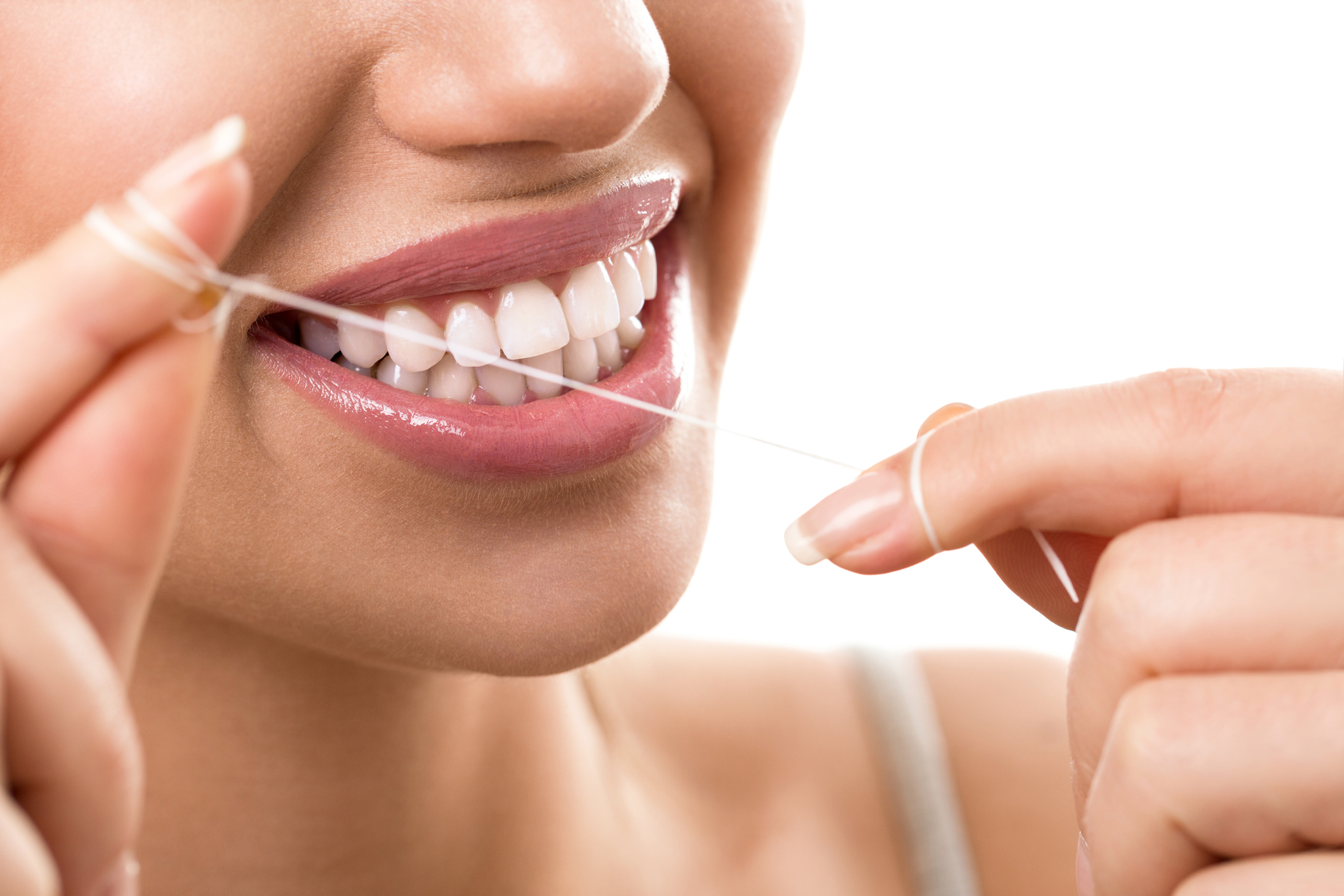
Flossing is an essential part of maintaining good oral health, but it’s rare to meet a patient that flosses daily. In fact, according to a survey conducted by Statistics Canada, only 28% of Canadians floss at least 5 times a week. When considering the many benefits of flossing, this might seem like an alarming statistic, but if you want to become a dental assistant, you may have the power to help people to floss more. An important component of the job of dental assistants is to educate the patients they see about proper oral health practices.
Below are some benefits of flossing that you can mention to further educate patients on the importance of adding this step to their oral hygiene routine.
Those With Dental Assistant Training Should Know That Flossing Prevents the Buildup of Plaque
Plaque is a film that collects on the teeth as a result of bacteria in the mouth mixing with foods and drinks consumed that are high in sugar or starch. When interacting with food or drinks, these bacteria release acids that enable carbohydrates to be broken down. If the teeth are not flossed regularly, these acids, bacteria, and carbohydrates can form plaque, which sticks around the gums and between the teeth. If plaque is not removed, it can harden into tartar, the presence of which can increase a patient’s risk of developing gum disease. As a professional with dental assistant training, you can explain to patients that flossing regularly can prevent the buildup of harmful plaque and tartar.

Flossing Can Reduce Bad Breath
Another benefit of flossing is that it can work to reduce bad breath, or halitosis. Plaque contains bacteria, as does larger food debris, which can get lodged between the teeth. Unfortunately, this bacteria can emit an unpleasant smell. If a patient complains that their breath doesn’t improve after brushing, this could be a sign that flossing needs to be added into their oral hygiene routine. In tandem with brushing, flossing can remove a greater amount of plaque and food debris, keeping a patient’s mouth cleaner and helping to maintain fresher breath.
Cavities Can Be Prevented by Flossing
Cavities are a common but unfortunate occurrence for many patients. Cavities are often caused by plaque building up in between a patient’s teeth. Due to the design of a toothbrush, it’s often impossible for brushing alone to target all the plaque in and around the teeth. Therefore, it’s important to floss in order to remove plaque that is stuck in hard-to-reach places. The greater the amount of plaque on a tooth’s surface, the higher the risk of developing a cavity. By flossing daily, patients can reduce the amount of plaque on their teeth and reduce their susceptibility to cavities.

Flossing Lowers a Patient’s Risk for Gum Disease
Flossing daily can help patients to reduce their risk of developing periodontal (gum) disease. Gingivitis is the first stage of gum disease, with inflammation around the gums a prime symptom. Inflammation can be caused by excessive plaque or food particles. By removing these harmful substances, flossing can improve gum health, reducing inflammation, and preventing the development of gum disease. If left untreated, gum disease can lead to tooth loss, bleeding, and other oral health issues. After completing dental assistant school, you can help to reduce the prevalence of gum disease by informing patients of the preventative effects of flossing.
Flossing May Improve Heart Health
While flossing doesn’t have a direct effect on heart health, flossing does lead to a decreased risk of developing gum disease. Gum disease has been linked to both diabetes and heart disease, and by preventing gum disease through flossing, patients also have a greater likelihood of reducing their risk of developing these additional diseases. If flossing plays even a small role in preventing these diseases, it’s clearly a sensible move for patients to make the practice a part of their daily routine.
Are you ready to attend dental assistant college?
Medix College has the program for you. Start exploring your options today!



